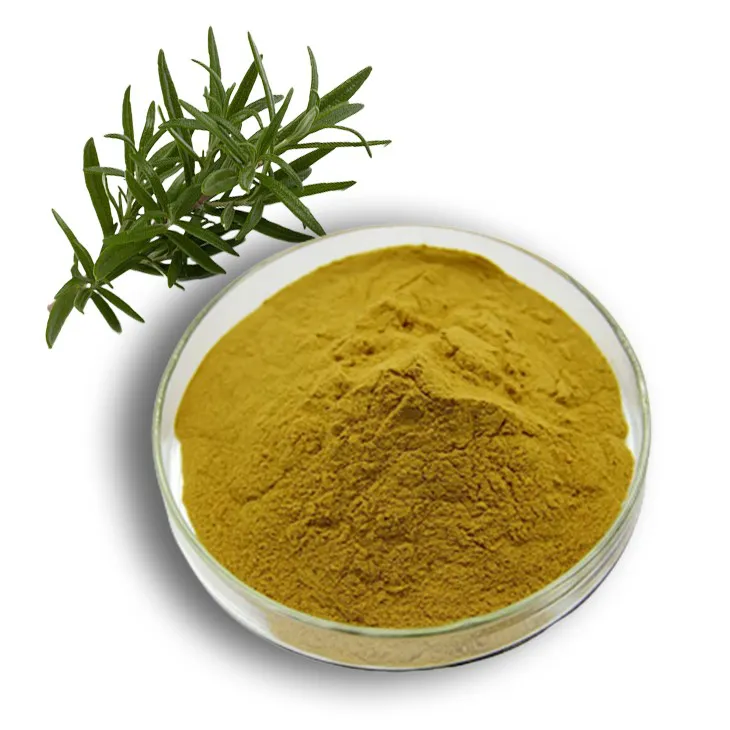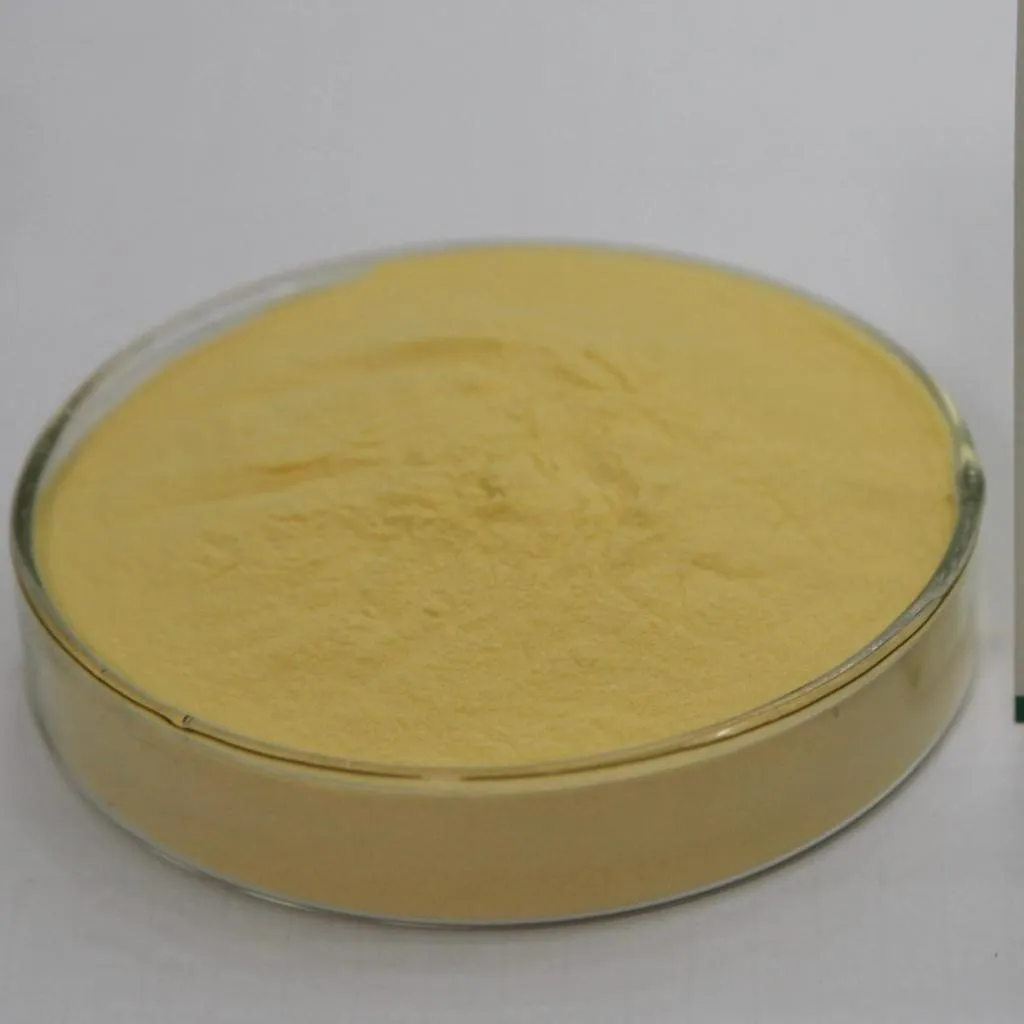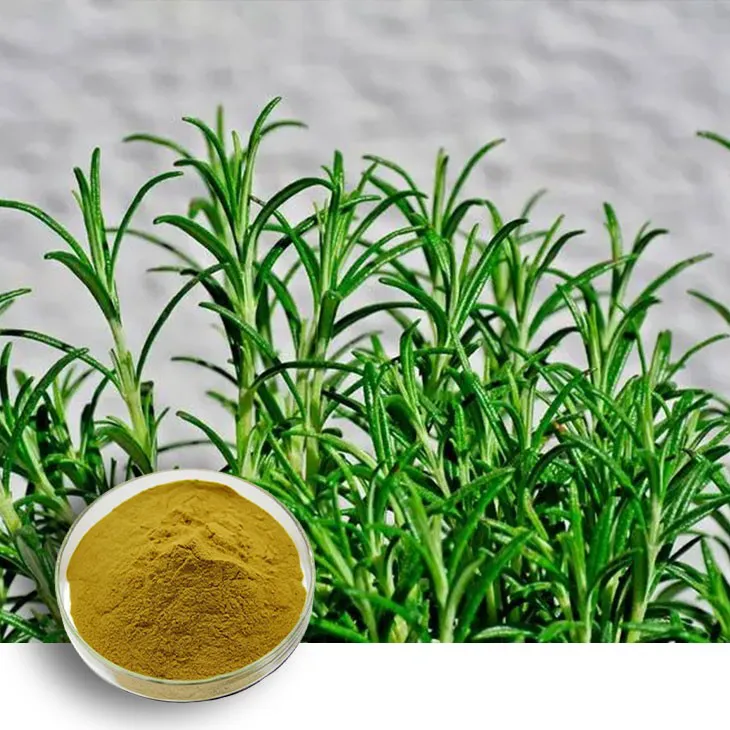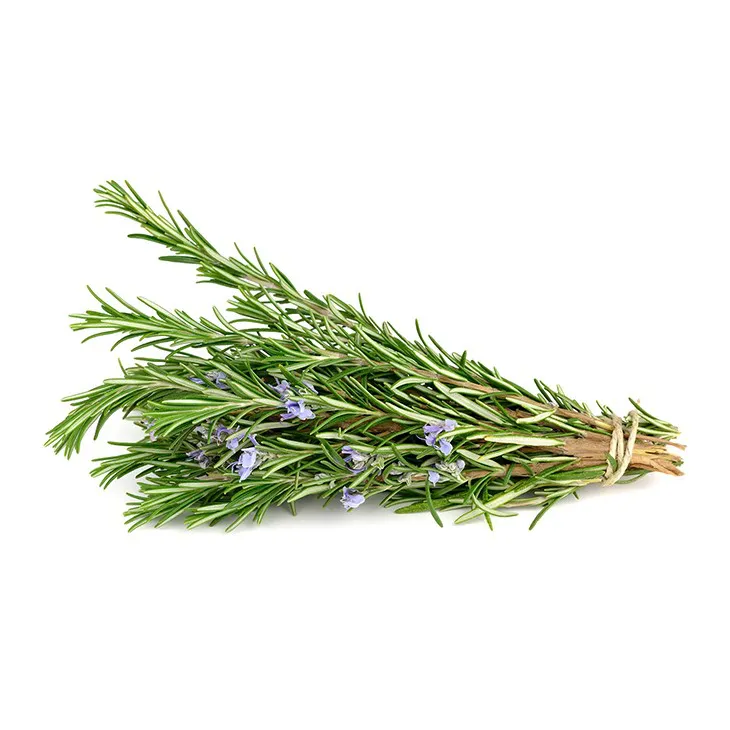- 0086-571-85302990
- sales@greenskybio.com
Rosemary Extract: China vs. the United States.
2024-12-01

1. Introduction
Rosemary extract has emerged as a significant substance in various industries across the globe. Its natural properties offer a wide range of potential applications, from food preservation to health benefits. In the context of the international market, both China and the United States play important roles in the development and utilization of Rosemary extract.

2. Rosemary extract in China
2.1 Traditional Knowledge and Modern Application
In China, the use of rosemary extract is deeply rooted in traditional knowledge. Rosemary, a plant known for its aromatic properties, has been used in traditional Chinese medicine for centuries. With the development of modern technology, China has been able to extract and purify the active components of rosemary more effectively. This has led to its expanded use in various fields.
2.2 Food Industry
- China's food industry has been increasingly using rosemary extract as a natural preservative. Rosemary extract contains antioxidants that can prevent the oxidation of fats in food, thereby extending the shelf life of products. For example, in the production of baked goods, it can help keep the products fresh for a longer time.
- It is also used as a flavor enhancer in some traditional Chinese foods. The unique aroma of rosemary can add a special flavor to the dishes, making them more appealing to consumers.
2.3 Agriculture
- In agriculture, rosemary extract has shown potential in pest control. It can act as a natural pesticide, repelling certain pests without causing harm to the environment like some chemical pesticides do. This is in line with China's efforts to promote sustainable agriculture.
- It can also be used to improve the growth and quality of crops. Some studies have shown that applying rosemary extract to the soil or spraying it on plants can enhance their resistance to diseases and improve their overall health.
2.4 Natural Health Products
- China's growing health - conscious market has led to an increased demand for natural health products containing rosemary extract. These products are often promoted for their potential antioxidant and anti - inflammatory properties. For example, some dietary supplements claim to improve cardiovascular health with the help of rosemary extract.
- Rosemary extract is also used in some skincare products in China. It is believed to have properties that can rejuvenate the skin, reduce wrinkles, and improve skin elasticity.

3. Rosemary Extract in the United States
3.1 Strong R & D Capabilities
The United States is renowned for its strong research and development capabilities in the field of rosemary extract. American research institutions and companies invest a significant amount of resources in exploring the potential of rosemary extract.
3.2 Anti - aging and Anti - inflammatory Pharmaceuticals
- In the area of anti - aging pharmaceuticals, the United States is at the forefront. Rosemary extract has been studied for its potential to combat the effects of aging at the cellular level. Research has suggested that certain compounds in rosemary extract can protect cells from oxidative stress, which is a major factor in the aging process.
- When it comes to anti - inflammatory pharmaceuticals, the United States is also making great progress. The anti - inflammatory properties of rosemary extract are being harnessed to develop new drugs. These drugs could potentially treat a variety of inflammatory diseases, such as arthritis.
3.3 Food and Dietary Supplements
- In the US food industry, rosemary extract is widely used as a natural preservative, similar to its use in China. However, the US has more stringent regulations regarding food additives, which ensures the quality and safety of products containing rosemary extract.
- The dietary supplement market in the United States is also a major consumer of rosemary extract. American consumers are highly receptive to products that claim to offer health benefits, such as those related to improving cognitive function with the help of rosemary extract.

4. Market Competition
4.1 Pricing
- In China, due to relatively lower labor costs and a large supply of raw materials, the production cost of rosemary extract may be lower in some cases. This can lead to more competitive pricing in the international market, especially for bulk orders. However, the quality also needs to be considered.
- In the United States, although the production cost may be higher due to higher labor and R & D costs, products may command a higher price due to their perceived higher quality and advanced R & D behind them. American companies often focus on high - end markets where consumers are willing to pay a premium for quality and innovation.
4.2 Market Share
- China has a large domestic market for rosemary extract, which gives it an advantage in terms of volume. The country is also expanding its exports, especially to Asian and African markets. In these regions, China's rosemary extract products are often more competitive in terms of price and suitability for local needs.
- The United States, on the other hand, has a significant share in the global high - end market, especially in the fields of pharmaceuticals and high - quality dietary supplements. American products are often seen as more reliable and innovative, attracting consumers in developed countries.

5. Quality Control
5.1 Regulatory Frameworks
- In China, the regulatory framework for rosemary extract is constantly evolving to ensure the safety and quality of products. There are regulations regarding the extraction process, purity, and labeling of rosemary extract products. However, enforcement may vary in different regions, and continuous improvement is needed.
- The United States has a very strict regulatory system. The Food and Drug Administration (FDA) closely monitors the production, sale, and use of rosemary extract in various industries. This ensures that products meet high - quality standards and are safe for consumers. For example, any claims made about the health benefits of rosemary extract in dietary supplements must be supported by scientific evidence.
5.2 Testing and Certification
- China is strengthening its testing and certification procedures for rosemary extract. There are more and more accredited laboratories that can test the quality of rosemary extract products. However, compared to the United States, there may still be a gap in terms of the comprehensiveness and stringency of testing.
- In the United States, companies are required to conduct extensive testing on their rosemary extract products. Certifications from recognized organizations play an important role in ensuring product quality. For example, products may need to obtain Good Manufacturing Practice (GMP) certification.
6. Innovation
6.1 Research and Development Initiatives
- In China, research on rosemary extract is mainly focused on improving extraction efficiency and exploring new applications in traditional industries such as food and agriculture. There are also some collaborative research projects between universities and enterprises to promote innovation in this area.
- The United States is more aggressive in exploring new frontiers in rosemary extract research. For example, in the field of biotechnology, researchers are trying to modify the molecular structure of rosemary extract to enhance its pharmacological properties. There are also numerous start - ups and established companies investing in R & D related to rosemary extract.
6.2 Intellectual Property Protection
- In China, the awareness of intellectual property protection regarding rosemary extract is increasing. More and more companies are applying for patents for their innovative extraction methods and applications. However, compared to the United States, the overall level of intellectual property protection may still need to be improved.
- The United States has a well - established intellectual property protection system. This encourages companies and researchers to invest in innovation, as they can be assured of protecting their intellectual property rights. Many American companies hold key patents in the field of rosemary extract, which gives them a competitive advantage in the global market.
7. Conclusion
Both China and the United States have their own strengths in the rosemary extract sector. China benefits from its traditional knowledge and large - scale production, while the United States leads in R & D and high - end market applications. In terms of market competition, quality control, and innovation, there are differences and areas for learning from each other. As the global demand for rosemary extract continues to grow, both countries are likely to further develop their respective industries, and international cooperation in this field may also increase in the future.
FAQ:
1. What are the main applications of rosemary extract in China?
In China, rosemary extract is mainly explored for its potential in food, agriculture, and natural health products. In the food industry, it can be used as a natural preservative. In agriculture, it may play a role in plant protection. For natural health products, it is often studied for its beneficial properties on health.
2. How does the United States lead in the exploration of new applications for rosemary extract?
The United States, with its strong R & D capabilities, is at the forefront in exploring new applications of rosemary extract. In areas such as anti - aging and anti - inflammatory pharmaceuticals, it invests significant resources in research. Through advanced scientific research facilities and a large number of professional research teams, it can conduct in - depth studies on the chemical components of rosemary extract and their effects on the human body, thus leading the exploration of new applications.
3. What are the differences in market competition for rosemary extract between China and the United States?
In the United States, the market competition for rosemary extract may be more focused on high - end applications such as pharmaceuticals, with companies competing in terms of R & D strength and patent ownership. In China, while also having competition in various fields, there may be more competition in the food and natural health product markets. Chinese companies may compete in terms of cost - effectiveness and traditional knowledge - based product development. Also, in the international market, US companies may have an advantage in branding and global marketing channels, while Chinese companies are gradually expanding their influence.
4. How do China and the United States ensure the quality control of rosemary extract?
In China, quality control of rosemary extract is likely to be based on national and industry standards. Regulatory authorities oversee the production process, from raw material sourcing to final product inspection. In the United States, strict regulatory requirements are imposed by agencies like the FDA. Quality control involves comprehensive testing of the extract's composition, purity, and safety. Both countries may also require manufacturers to follow Good Manufacturing Practice (GMP) to ensure consistent product quality.
5. What are the innovation trends in the rosemary extract sector in China and the United States?
In the United States, innovation trends in rosemary extract are mainly towards new medical applications, such as developing more effective anti - aging and anti - inflammatory drugs. There is also continuous exploration in the field of biotechnology to improve the extraction efficiency and bioavailability of rosemary extract. In China, innovation may focus on integrating traditional knowledge with modern technology. For example, finding new ways to use rosemary extract in traditional Chinese medicine - inspired health products and more sustainable agricultural applications.
Related literature
- Rosemary Extract: Properties and Potential Applications"
- "Comparative Analysis of Natural Product Extracts: A Case of Rosemary between China and the US"
- "Innovation in Rosemary Extract R & D: China's and the US's Approaches"
- ▶ Hesperidin
- ▶ Citrus Bioflavonoids
- ▶ Plant Extract
- ▶ lycopene
- ▶ Diosmin
- ▶ Grape seed extract
- ▶ Sea buckthorn Juice Powder
- ▶ Fruit Juice Powder
- ▶ Hops Extract
- ▶ Artichoke Extract
- ▶ Mushroom extract
- ▶ Astaxanthin
- ▶ Green Tea Extract
- ▶ Curcumin
- ▶ Horse Chestnut Extract
- ▶ Other Product
- ▶ Boswellia Serrata Extract
- ▶ Resveratrol
- ▶ Marigold Extract
- ▶ Grape Leaf Extract
- ▶ New Product
- ▶ Aminolevulinic acid
- ▶ Cranberry Extract
- ▶ Red Yeast Rice
- ▶ Red Wine Extract
-
Coconut Water Powder
2024-12-01
-
Milk Thistle Extract
2024-12-01
-
Curcuma Longa Extract/Turmeric extract
2024-12-01
-
Angelica sinensis extract
2024-12-01
-
Echinacea Extract
2024-12-01
-
Red Date Extract
2024-12-01
-
Avocado Extract Powder
2024-12-01
-
Genistein
2024-12-01
-
Baicalin
2024-12-01
-
Alisma Extract
2024-12-01





















